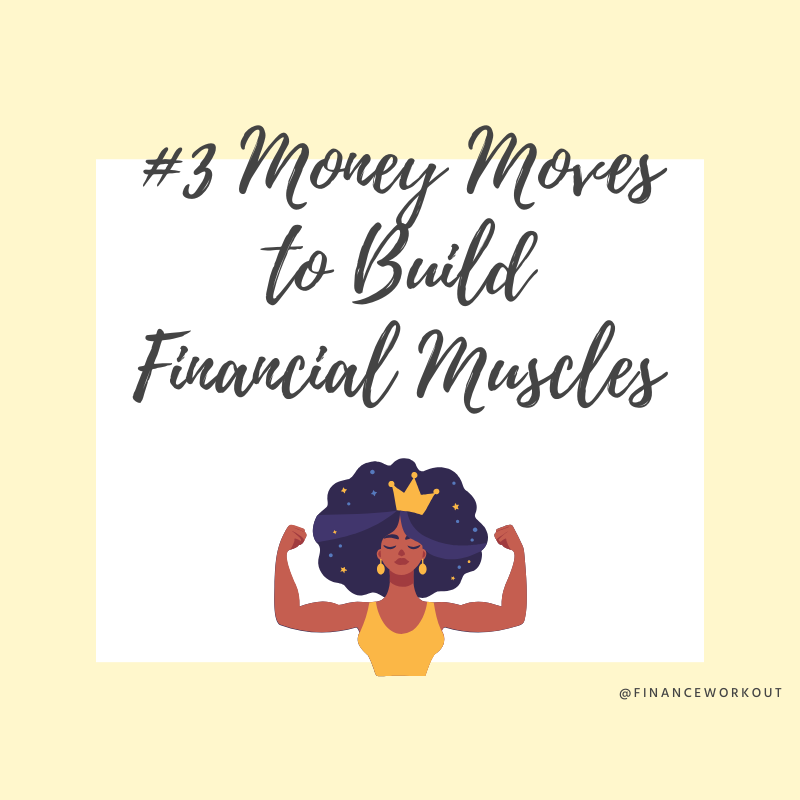State Pension - Is it enough?
- Joy EK

- Jan 31, 2023
- 2 min read

Eligibility: You may be eligible for a state pension depending on your age and National Insurance Contributions. In most cases, you can get a full state pension if you have 35 years' National Insurance contributions. If you have fewer than 10 years’ National Insurance payments, then you will not get any state pension.
The amount: you will receive will vary depending on a number of factors such as your income, any other benefits you may receive and your residence status. The full state pension is currently £185.15 a week. You can check your National Insurance record to see how many years you have accumulated to date and therefore how many left to go. https://www.tax.service.gov.uk/check-your-state-pension/account. So if you’ve worked 15 years, then you would be eligible to receive 15/35 of £185.15 which would be £79.35.
Claiming: The earliest you can claim it is at state pension age, currently 68. It is not paid automatically, you need to claim it. If you don’t have the full amount by the time you stop working, you may be able to plug the gap by buying National Insurance credits to boost your state pension. Right now, you have until 5 April 2023 to buy voluntary National Insurance credits to plug any gaps between April 2006 and 2016 - but after that, you can only plug gaps going back six years.
Types of Pension: It is important to know the difference between the state pension and private pensions, in that private pensions will often offer more tax benefits and higher returns than their state-funded counterparts.
Composition: So have you thought about what your ideal retirement number would be? Would you be comfortable to live on just the state pension amount? Remember, that’s £185.15 per week, meaning £805.07 per month and £9,660.86 per year. This might not be enough, considering that according to the ONS, the median full-time salary in 2020 was £31,461. It is important to be aware of all the different pieces of the puzzle. This is why it could be a good idea to purchase a house and pay off the mortgage in 25 to 30 years (sooner if you can) ahead of retirement, reducing your expenses in the future as you won't have to pay rent/mortgage (one of our biggest monthly expense).
It is all worth food for thought when it comes to planning for the future as there are multiple components that will make up the full picture. It is never too late or too early to start looking ahead.



Comments